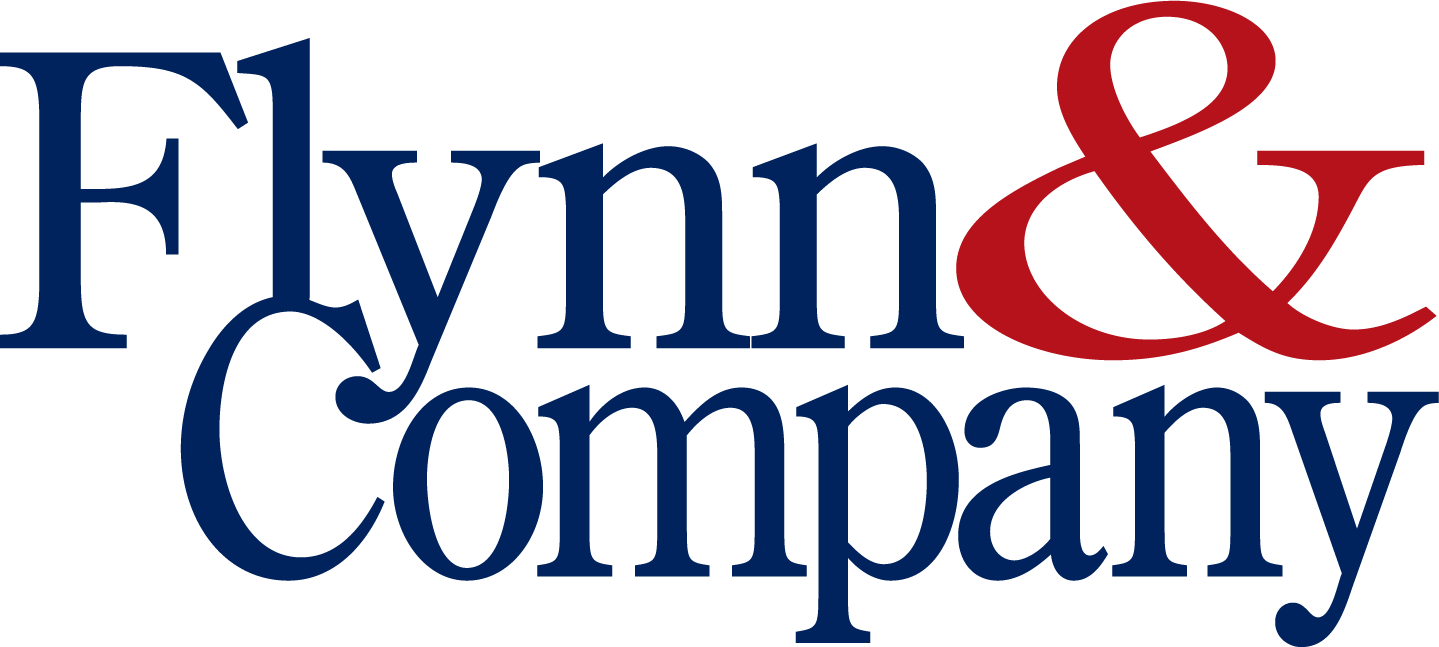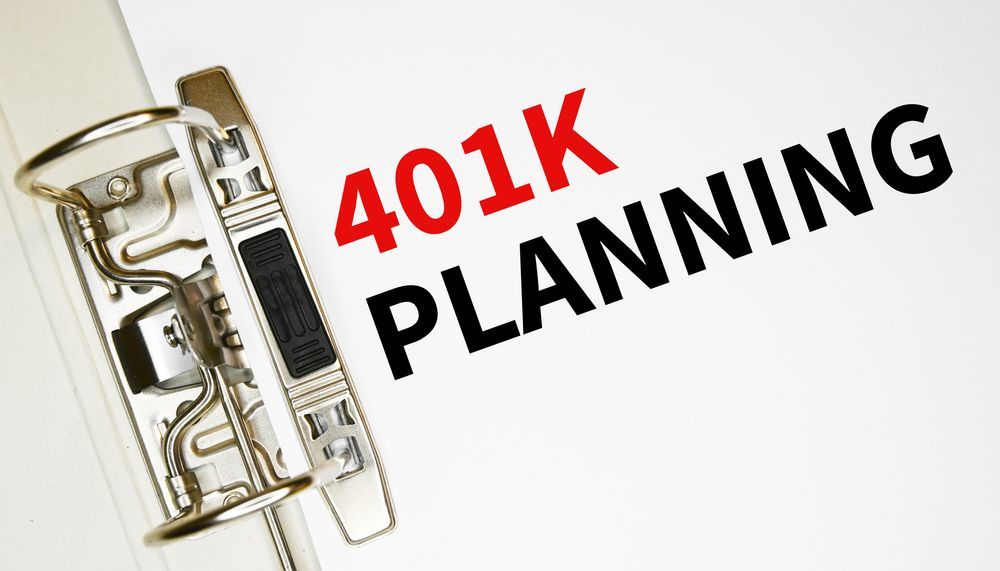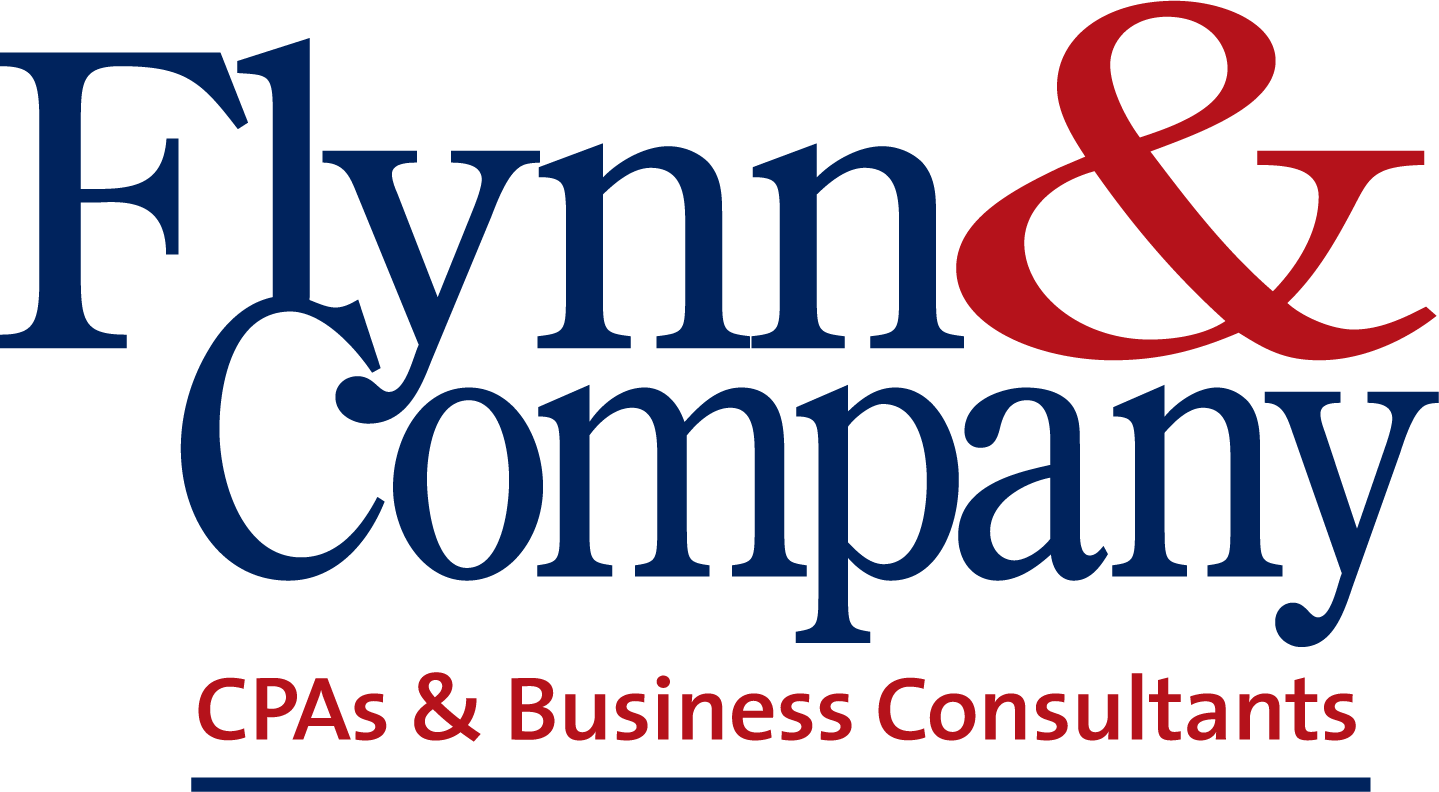Year End Tax Planning for Small Business Owners
As the year comes to an end, it’s time to start thinking about your 2021 taxes and ways you can make the most of deductions to minimize your overall tax liability. Effective tax planning is a year-round process and with legislative changes on the horizon for 2022, there’s no better time to take advantage of existing tax strategies. Here’s a checklist to help you get started.
1. Review Your Business Structure
As a small business owner, you can structure your business as a sole proprietor, S-Corporation, LLC, Partnership, or C-Corporation. Each of these business structures has its own unique tax advantages, and as your business and income grow, you may be able to save on tax liabilities by changing the structure of your business.
- Sole Proprietorships & Solo LLCs: Businesses are classified as sole proprietorships until you incorporate your business, and for the purposes of tax laws, LLCs with only one partner/owner is also treated as sole proprietorships. For both types, the income from your business receives pass-through treatment, meaning that your income is reported on your individual tax return. This can be problematic for income earners in the highest tax bracket, where the federal income tax rate is 37%. Self-Employment tax is generally charged on net earnings as well.
- Partnerships, Multi-member LLCs, & S-Corporations: These business entities are also taxed using the pass-through method, meaning the tax rate will be based on your income and coinciding tax bracket. Be aware that Partnerships and multi-member LLCs can generate self-employment taxes on the net earnings of the entity.
- C-Corporation Tax Rates: While C-Corporations used to be taxed at a federal rate of 35%, in 2018, this rate was reduced to 21%. The 21% federal tax rate combined with state corporate taxes that range from zero to 11.5% results in an average rate of 25.8%. Thus, if you are an LLC being subjected to the highest tax bracket, it may make sense to be taxed as a C-Corporation since the average rate is lower. However, you should be aware that this rate may go up with the passage of new tax laws in 2022.
- LLC: LLCs are a very flexible entity choice and can take advantage of several tax laws. They may choose to be taxed as a partnership, an S Corporation, or a C-Corporation.
2. Benefitting from Retirement Planning
If you own an incorporated or unincorporated business, you can set up retirement plans for you and your employees as a way to lower taxable incomes. Providing these plans for your employees also has the added bonus of retaining current employees and potentially attracting new employees in the midst of a competitive market for employees.
For 401(k) plans, the maximum allowable contribution for 2021 is $19,500 and $26,000 for people ages 50 and up. All 401(k) contributions need to be made before December 31. For traditional IRAs, the maximum allowable contribution for 2021 is $6,000 or $7,000 for people ages 50 and up.
Additionally, you’ll have until you file your 2021 taxes to fund your traditional or Roth IRA, and allowable contributions will be counted towards your deductions for 2021.
3. Deductions
In addition to traditional business deductions, there are a couple of extra deductions to take advantage of in 2021, including:
- Bad Debt Deductions: If you have an account that you can’t collect on, you may be able to deduct the debt in part or in full if you can prove that you took reasonable steps to collect the debt. Therefore, it may be wise to spend the rest of the year attempting to collect the debt and recording the steps you took.
- Office Improvements & Repairs: Routine repairs and improvements, defined as betterment, adaptation, or restoration, may be deducted from your taxes. Additionally, if you have been working from home during the pandemic, you may qualify for the home office deduction if your workspace is used “exclusively and regularly” as either your principal place of business or as a place where you meet or deal with patients, clients, or customers in the normal course of your business.
- Meal Deductions: Generally, businesses can deduct 50% of the costs related to business meals. However, for 2021 and 2022, the Taxpayer Certainty and Disaster Relief Act of 2020 permits businesses to deduct 100% of food and beverage expenses so long as (1) the food or beverages were provided by a restaurant; “(2) the expense isn’t lavish or extravagant under the circumstances; and (2) the taxpayer (or an employee of the taxpayer) is present at the furnishing of such food or beverages.”
- Employee Retention Credit: Initially, the Employee Retention Credit only applied to 2020, but with the enactment of subsequent laws, some employers can take advantage of the ERC for 2021. To qualify, your business must prove: (1) operations were fully or partially suspended due to governmental orders restricting travel, commerce, or group meetings; (2) in 2020, you experienced a 50% decline in gross receipts compared to the same quarter in 2019, or in 2021 the business’s gross receipts were less than 80% of gross receipts for the same quarter in 2019. If you meet any of these categories, then you can claim ERC against the employer share of Social Security tax equal to 50% (2020) or 70% (2021) of up to $10,000 in qualified wages paid per employee per quarter. Thus, the potential maximum ERC amount available is $5,000 (2020) or $7,000 (2021) per employee per calendar quarter, for a total of $20,000 in 2020 and $28,000 in 2021.
4. Charitable Giving
Prior to the CARES Act, businesses could only deduct up to 10% of their taxable income for cash contributions to charities. However, in 2021, this rate remains increased for deductions up to 25% of your taxable income.
5. Planning Ahead
If you want to take advantage of all possible saving opportunities but want to better see and understand your options before making big decisions, consider Flynn&Co’s tax planning and income preparation services.
We provide tax services for individuals, Businesses, Partnerships, and LLCs to help you stay ahead of complex and fluctuating tax codes, benefit from greater tax saving opportunities, and reduce tax liability by knowing your options.
To learn more, request a consultation to speak with one of our qualified CPAs.
Are you a nonprofit looking for accounting advice? Explore our statement of functional expenses article today!





